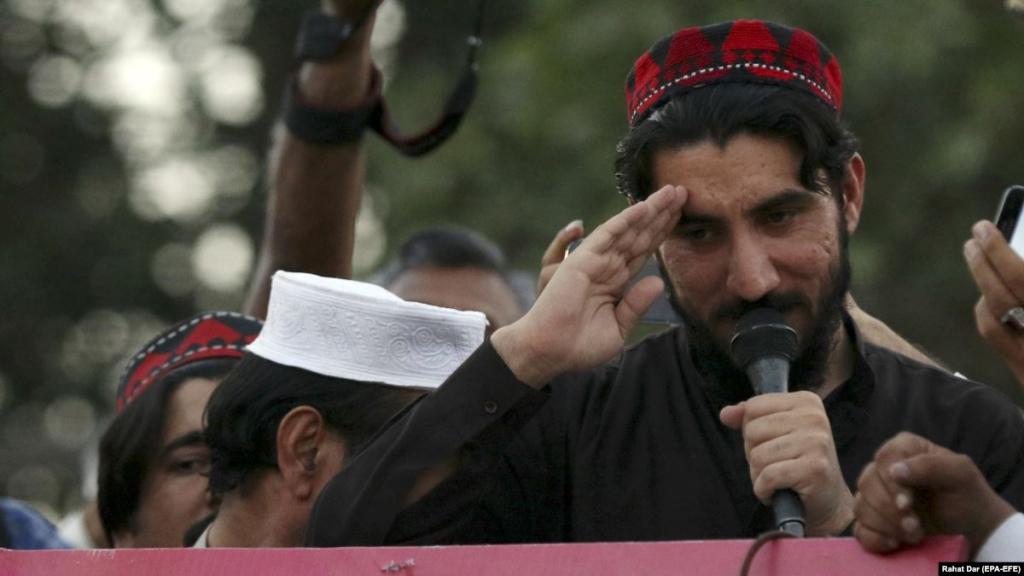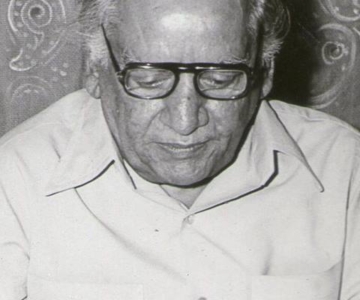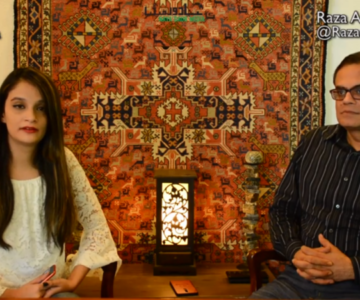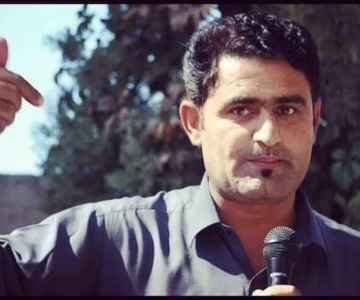April 15, 2018: The state should engage with PTM. Dubbing it ‘engineered’ will not work
The Pashtun Tahafuz Movement has gained immense momentum in recent weeks. The well-attended rally in Peshawar (held on April 8) indicated that PTM and its cause resonate with a large number people within the Federally Administered Tribal Areas (FATA) and Khyber Pakhtunkhwa province. More surprising was the solidarity expressed by other parts of Pakistan. Since the PTM has been blacked-out by mainstream media, the conversations have shifted to social media or else the one-sided attempts by some TV channels to discredit the movement.
The opposition to PTM comes from the military itself and the Army chief confirmed the ‘official’ view when he termed the protests as ‘engineered’. Prior to this clear denunciation, the COAS also visited the home of Naqeebullah Mehsud, the young man who was killed by an infamous police officer in Karachi and what in fact became the immediate catalyst for political mobilisation.
The Army as an institution is angry about the PTM narrative for a number of reasons. First, the sloganeering at the rallies has been critical. Yeh jo dehshatgardi hay/ Iske peechay vardi hay(literally: terrorism is backed by uniform). Second, PTM’s main leader Manzur Pashteen referred to the intelligence outfits by name in his Peshawar rally. There are other reasons why the movement has been dubbed ‘anti-Army’ but the key reason is more complex. The young men and women of FATA and KP are challenging the strategic worldview of the military led security policy that has on different occasions patronised and on others, targeted the militants. That some of these militants are Pashtun themselves makes this even more complicated. Hence the refrain that militants found sanctuaries in FATA and were ‘abetted’ by the protestors.
One cannot endorse language that undermines national institutions and derails the fundamental issues here. The Pakistani Taliban and their affiliates have attacked thousands of military personnel; and many of those who lost their lives were officers. In fact the younger officers corps and soldiers have a reason to be alarmed when their ‘sacrifices’ are not recognised by political conversations.
The fact that ethnic identity is galvanising the Pashtun Tahafuz Movement does not mean that this is a separatist movement. It is time for the strategic minds to move beyond dated rhetoric
The misgivings about PTM have resulted in the standard formula response. The latter is being projected as a foreign-sponsored movement. The support expressed by high officials in Afghanistan is seen as evidence of engineering. But Pashtuns live on both sides of the Durand Line. A point we consider kosher when we want to support the Afghan Taliban but one that suddenly becomes treasonous when an anti-war movement finds traction on the other side of the border.
Another trope employed, especially on social media, is that of the Pashtunistan bogey. The quest for a greater land for the Pashtuns is over. Since the 1980s, this group has been economically as well politically integrated into the mainstream. Far more than the Baloch for instance. But that’s a separate story. None of the speeches or demands made by PTM has mentioned this point. The fact that ethnic identity is playing a major role in mobilisation does not imply that this is a separatist movement. It is time for the strategic minds to move beyond dated rhetoric.
Time and again, Pashteen and his followers have said that their movement is within the ambit of the Pakistani constitution. In fact the mobilisation that asks for due process, recovery of missing persons, ending extra-judicial killings and abolishing apartheid in FATA are all essentially constitutional demands. A movement that asks for the enforcement of fundamental rights cannot be anti-state unless the state thinks that it can dispense with the Constitution as and when required. Given how this has been trampled on and abused by both civvies and khakis — the PTM narrative strengthens the hope for a pluralist, democratic Pakistan.
Manzur Pashteen was an 8-year-old child when 9/11 took place. He is being asked about the past as if he were in charge of FATA affairs. In fact, questions are always posed by those who wield power and in our case it is the military that has been directly in control of the tribal areas, which have been a war zone and remain so. Pashteen represents the displaced and war-torn people of FATA who deserve compassion, understanding and due process like other citizens of Pakistan. Calling him and other PTM leaders traitors is a huge disservice to the course correction and rehabilitation that must follow after the area has been cleared of militants.
There has been endless social media commentary on how the ‘treasonous’ (or khooni liberals, to use an Imranism) supported bloodshed by asking the Army to clear FATA of insurgents; and now under the ‘orders’ of Pakistan’s foreign enemies they are backing the PTM. Trolls have also attacked me relentlessly. It is certainly pointless to engage with biased and paid vehicles of disinformation, though it would worthwhile to set the record straight.
Many of us supported (and still do) the Army’s clean up against the Pakistani Taliban and their affiliates. However, we also caution that human rights must not be violated; displacements of the population should not be arbitrary and if they take place must be corrected through appropriate state interventions. More importantly, we have also asked for clarity in how the state views militants — assets, rogue assets or enemies of Pakistan’s future. While things have improved since Gen Raheel Sharif, there is still much ambiguity and reluctance to completely dismantle the militant infrastructure. Are the ‘good’ ones still central to our Afghanistan and India policies?
Pashteen challenges that and perhaps this is why he is more of a threat than the handful khooniliberals who write for the English press and get an occasional few minutes on electronic media. Political parties, by and large — given the treatment meted out to Nawaz Sharif — acquiesced when it comes to dissenting on Afghan and India policies.
The rise of PTM as a growing social movement is a testament of dynamic factors that define contemporary Pakistan: assertion of youth voice, urbanisation and new media, among others. It is an opportunity for the state to show that it cares and is willing to engage with a segment of population that feels neglected, angry and mistreated. A few slogans cannot be used to overlook the ruptured state-citizen relationship across the country.



